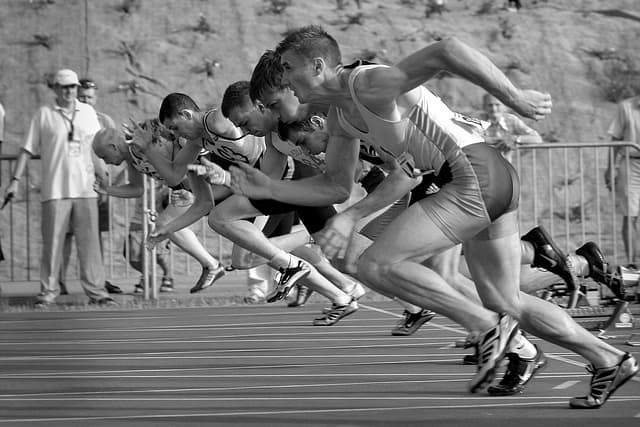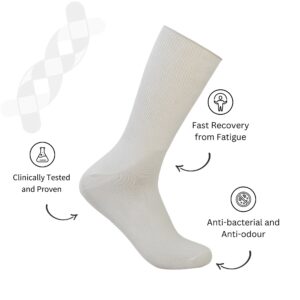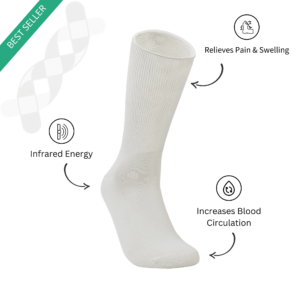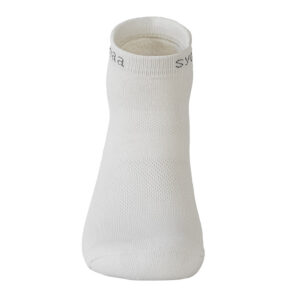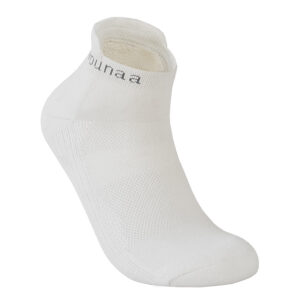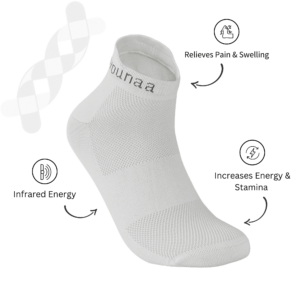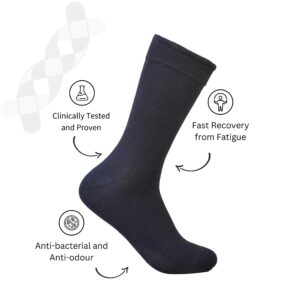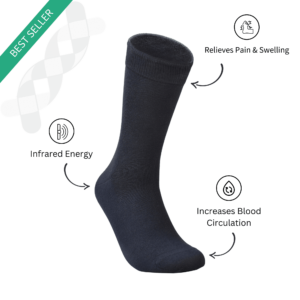We always talk about how quickly diabetes is spreading in the world, but can diabetes affect athletes? Those who are into intense sporting activities are believed to have the healthiest lifestyles. Does diabetes knock on their doors? What about those who have diabetes? Can they partake in athletics on a professional level?
A study conducted in 2013 suggested that those who are a part of intense sports are more likely to have diabetes. The theory that supported the study argued that because of high glucose consumptions, an athlete had frequent sugar spikes which put them at greater risk of diabetes.
However, the study was quickly dismissed. Data showed that intense workout would in fact lower your chances of diabetes though most diabetic may appear prediabetic before any sporting event. If a athlete get diabetes it has less to do with their lifestyle and more to do with hereditary reasons. Secondly, sugary drinks do increase blood sugar levels, so, if you pursue a sporting activity you must make sure you can burn the excess sugar present in drinks.
If you manage your diet well and maintain a healthy workout balance you’re less likely to get diabetes, but you are not immune to it. No one is ever immune to diabetes. So, what do you do if you have diabetes and are also engaged in a sport? Find out from the article below.
Can You Take Part in Intense Training?
Yes, you can. There are many well-known athletes who are diabetic. Cricket player Wasim Akram, swimmer Gary Hall Jr. and sprinter Melanie Stephenson are a few athletes with type 1 diabetes.
There are rare cases of athletes with type 2 diabetes. Most sports men and women got type 1 diabetes at an early age. But that hasn’t stopped them from exceling in their field of sport. Diabetics can excel in a range of sports like we showed you above, a swimmer, a sprinter and a cricketer had 2 things in common – dedication and diabetes.
You can excel in any sport if you learn how to manage your diabetes. We will talk about managing diabetes in the next sections.
Hypoglycaemia and Athletics
Diabetics, particularly type 1 diabetics are at risk of getting hypoglycaemic shocks and hypoglycaemia does affect performance adversely when compared to hyperglycaemia.
It is also true that intense running and other intense sport activity can reduce blood sugar. So, new athletes, often take insulin before a practice and put themselves at greater risk of hypoglycaemia. Low blood sugar causes dizziness and confusion and in an intense sport where seconds matter, we do not have room for disorientation.
The best way to handle hypoglycaemia is to test your sugar before and after the practice and make sure you have glucose tablets and gel with you. You must keep a glucagon kit with you and inform your trainer about it. In case of an emergency, your trainer must be able to give you a glucagon shot and bring you back to consciousness.
Many athletes benefited from insulin pumps. Just adjust the amount of insulin getting absorbed in your body based on your blood sugar and forget about it. As an athlete you may have to adjust it before and after practice because you will need less insulin while you practice. This may help you manage your sugar levels better and keep your blood sugar at a normal range.
The ultimate goal is to keep blood sugar levels at a normal range because that’s when athletes perform best.
Hyperglycaemia and Athletics
Hyperglycaemia is a condition where your blood sugar levels are higher than the normal blood sugar range. While hypoglycaemia may be more dangerous for a sports person, you must also avoid hyperglycaemia as much as you can.
Some of the most common symptoms of hyperglycaemia is as follows:
- Frequent urination
- Increased thirst
- Fruity-smelling breath
- Nausea and vomiting
- Dry mouth
- Difficulty in breathing
- Confusion
- Sudden unconsciousness
If you face any of these symptoms, you must step aside and check your blood sugar levels. Don’t workout when you have really high blood sugar because intense workout can further the count. Rather, you should rest, take your insulin dose as prescribed by your doctor and wait till your sugar levels are back in range.
Diabetic Footcare
Both diabetes and intense sports take a toll on your feet. Constantly hitting your feet on the ground and training in intense conditions with your feet carrying the weight of your body is not good for you. Therefore, footcare is a must.
Many diabetics invest in a good pair of sport shoes. Few of us understand the importance of diabetic socks. Diabetic socks are those that protect your feet from pain, infection and discomfort. In other words, these smart socks allow you to perform without putting your feet in danger.
Consult Your Doctor
Lastly, if you plan to pursue a sport professionally, you must keep your doctor informed. Your doctor can help you understand which equipment is most convenient for you. Many athletes prefer an insulin pump but because of the humidity, or their field of sport, they don’t use pumps.
Your doctor can keep all these factors into consideration and plan a diet and diabetes routine that will be best for your diabetic health and performance.
Are you a diabetic athlete? Which sport do you play, and which diabetic equipment helped you the most? We wish you all the best in all your sporting activities. Let’s continue the discussion in the comment section below.

